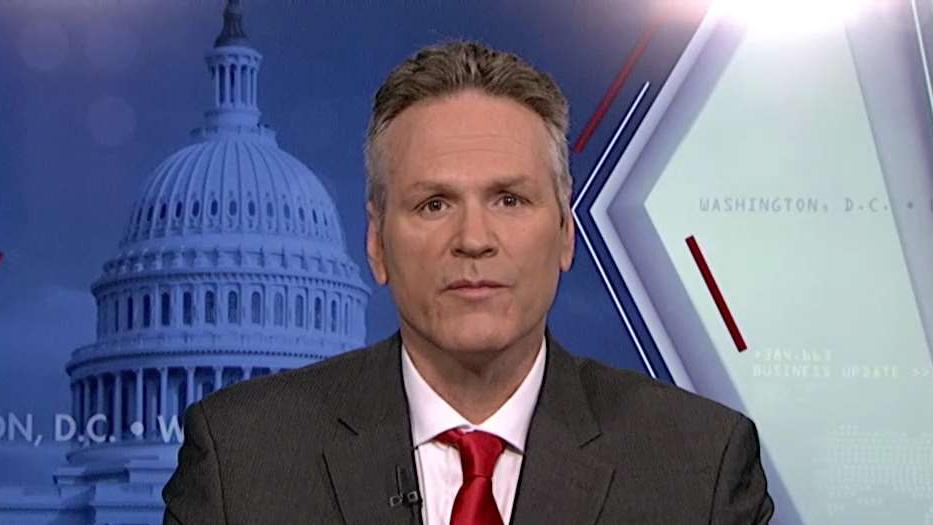Alaska governor pitches land vouchers for oil-wealth checks
Alaskans want a place where they can 'snowmachine out at 20 below, throw up a tent and stay for two days in the bitter cold. They want to live the dream and I say, let them.'
JUNEAU, Alaska (AP) — Matt Steele and his wife have imagined buying land for their kids so they can one day “live the Alaskan dream.” He says he sees a proposal by Republican Gov. Mike Dunleavy, to let residents turn their oil-wealth checks into land vouchers, as a way to help make that a reality.
“Investing in land is something that I think is important,” said Steele, who is in real estate and lives near Wasilla at Meadow Lakes. The Steeles bought land for a daughter from a private seller and intended to put money away for land for their other two children, too, for when they're older, he said, but added it's been a tough few years. The state is recovering from an extended recession.
He said he's talked with people who just want a place where they can “snowmachine out at 20 below, throw up a tent and stay for two days in the bitter cold. They want to live the dream and I say, let them.”
JET FUEL PRICES DROPPING AS A RESULT OF DECLINING TRAVEL TO CHINA: OIL EXPERT
Dunleavy has proposed letting Alaskans convert their Permanent Fund dividends into vouchers that could be used toward buying state land. His administration sees it as consistent with a constitutional provision encouraging settlement of state lands. Dunleavy also sees it as a win for individuals who want land and for the treasury, with Alaskans perhaps choosing to forgo dividends in favor of land vouchers.
The vouchers would be worth twice the value of the dividend calculation in state law, regardless of whether the calculation was followed to pay actual dividends. Lawmakers have not used the dividend formula in recent years amid a persistent budget deficit. Last year's dividend was $1,606. Had the calculation been followed, it would have been $2,910, according to the state.
If the lands program had been in place last year, the value of a land voucher would have been $5,820.
Sen. John Coghill, a North Pole Republican, said the approach for getting land into Alaskans' hands seems novel. But he said legislators should first resolve debate over the dividend. Many lawmakers, who see the current formula as unworkable, have expressed interest in coming up with some kind of new formula.
CORONAVIRUS DRIVING OIL'S DEMAND DESTRUCTION
Under Dunleavy's proposal, lands would be available through existing programs, including auctions and a so-called “over-the-counter” option, where lands not sold at auction become available online for purchase. Some lands are in boroughs or part of subdivisions; others are far-flung.
Lands currently available include a five-acre plot with no road access for $9,000 in an area about 25 miles north of Healy, a town near Denali National Park and Preserve; nearly five acres for $76,000 along a river outside Fairbanks; and about 15 acres for $27,100 that the Department of Natural Resources describes as accessible by plane and possibly snowmobile or boat about 65 miles southeast of McGrath, an isolated Interior town.
Land owners would not get mineral rights. Under Dunleavy's proposal, people could pool vouchers together or sell them, officials say. Vouchers would not expire. They would be considered income for those on public assistance, as proposed.
GET FOX BUSINESS ON THE GO BY CLICKING HERE
According to the department, less than 1% of the total land in Alaska is in private ownership. That figure does not include Alaska Native holdings. Roughly 60% of land in the state is federally owned, said Marty Parsons, director of the department's Division of Mining, Land and Water.
It's not clear how many people might participate but Parsons expects an increase in interest if the proposal goes through.
The administration says people have contacted Dunleavy's office for more information but it's unclear if the plan will gain traction with lawmakers.




















